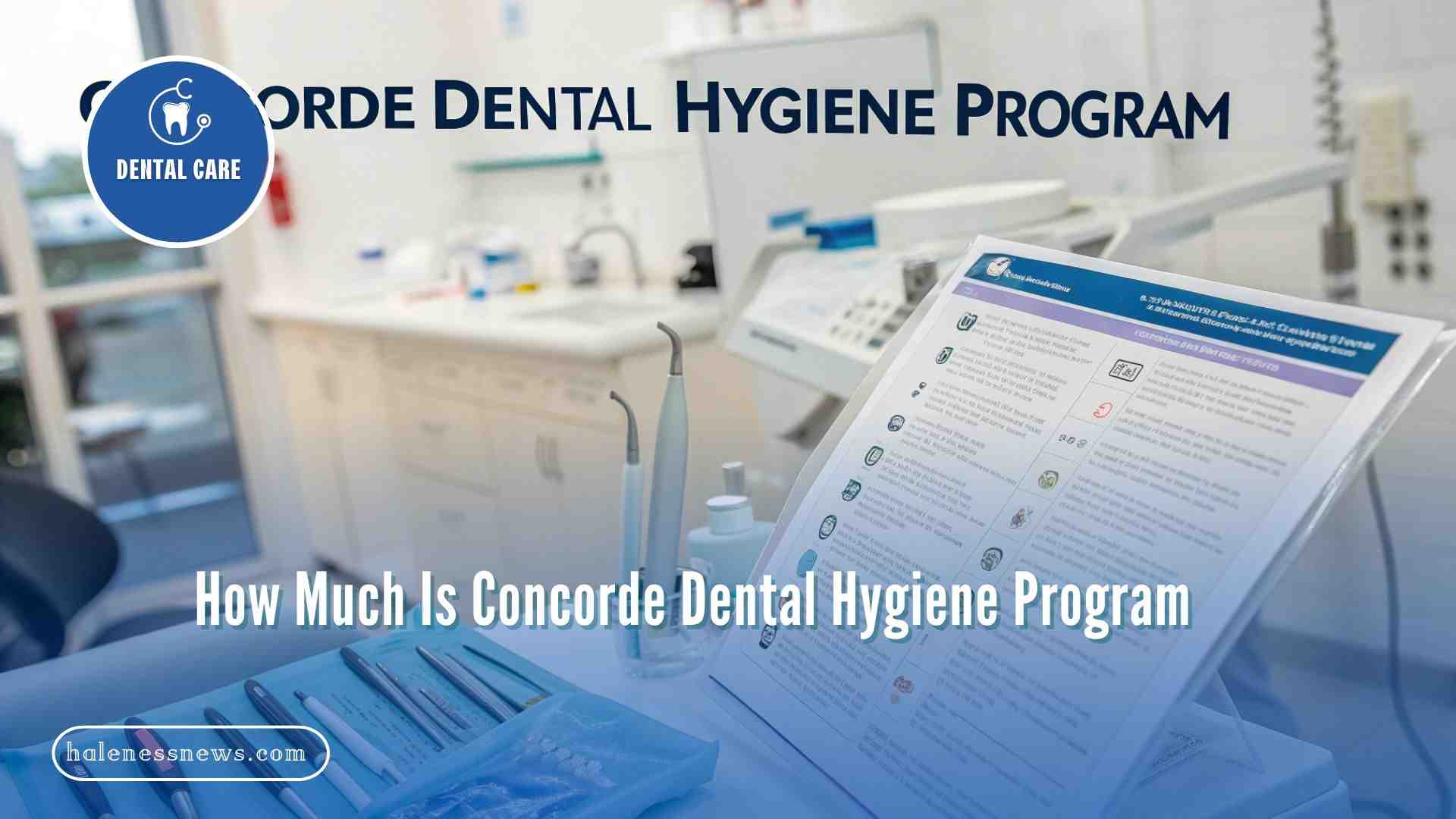Medical weight loss programs bring together healthcare professionals who understand the science behind weight management. These programs avoid one-size-fits-all solutions by creating comprehensive plans that address various factors affecting your weight, including metabolism, eating patterns, and activity levels. Here is information about the possible benefits of working with a medical professional to reach your weight loss goals.
Exploring Prescription Medication Options
Medications can be a key part of a personalized weight loss treatment plan. These medications work in different ways, such as suppressing appetite or blocking fat absorption, to help manage weight. Newer medications target multiple areas, like appetite and glucose metabolism, making them useful for those with diabetes or prediabetes.
Your healthcare provider will monitor your progress with regular follow-ups to assess the effectiveness and safety of the medication. They’ll evaluate your body’s response, watch for side effects, and adjust treatment as needed. Common side effects may include digestive changes, shifts in energy levels, or altered sleep patterns, which typically improve over time.
Before starting any medication, your doctor will explain the potential side effects to help you prepare. Combined with dietary changes and lifestyle adjustments, these medications can support long-term weight management. With proper supervision, they can help you stay on track and reach your health goals.
Accessing Professional Nutritional Guidance
Working with a registered dietitian or nutritionist provides personalized, evidence-based nutrition guidance tailored to your needs. The process begins with an assessment of your eating patterns, food preferences, cooking skills, and lifestyle factors like work schedules and social habits. Based on this, the dietitian creates a customized meal plan that aligns with your weight loss goals, taking into account your preferences and constraints. This may include meal prep strategies, portion control tips, and adjustments to your favorite recipes.
Nutritional counseling also addresses behavioral and practical aspects of eating. You’ll learn to identify triggers for overeating and develop healthier habits while practicing mindful eating to reconnect with hunger and fullness cues. Your dietitian will provide strategies for managing real-world situations, such as dining out, handling cravings, or overcoming setbacks. Regular follow-up sessions offer ongoing support, progress tracking, and plan adjustments to help you sustain long-term success.
Implementing Structured Exercise Programs
Medical weight loss programs offer personalized exercise plans tailored to your fitness level and health status. They start with a fitness assessment by qualified professionals to evaluate cardiovascular health, muscle strength, flexibility, and any physical limitations, making the plan safe and effective. Based on the assessment, experts create a customized exercise prescription that includes a mix of cardio for calorie burning and heart health, along with strength training to maintain muscle mass. Proper form and technique are emphasized, with regular reassessments tracking progress and adjusting the plan as needed. The goal is to build strength and endurance while supporting your overall weight loss journey.
Reach Your Weight Loss Goals
Medical weight loss support combines professional guidance, personalized plans, and ongoing monitoring to help achieve lasting results. Look for programs that offer a multidisciplinary approach with access to physicians, dietitians, and fitness experts. Schedule a consultation to discuss your goals, medical history, and program details like costs and structure. With the right tools and consistent support, you can achieve sustainable changes that lead to long-term success.









